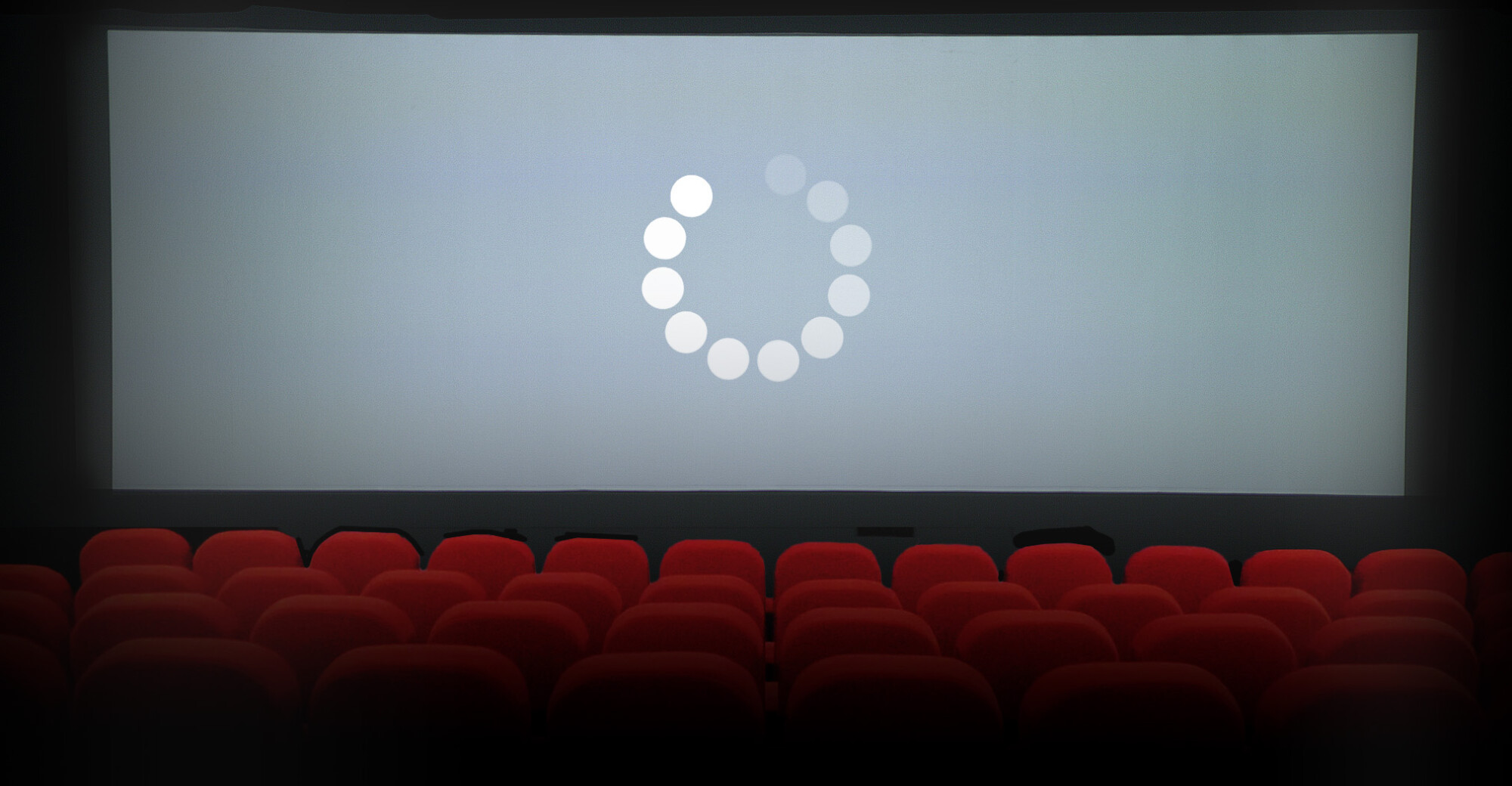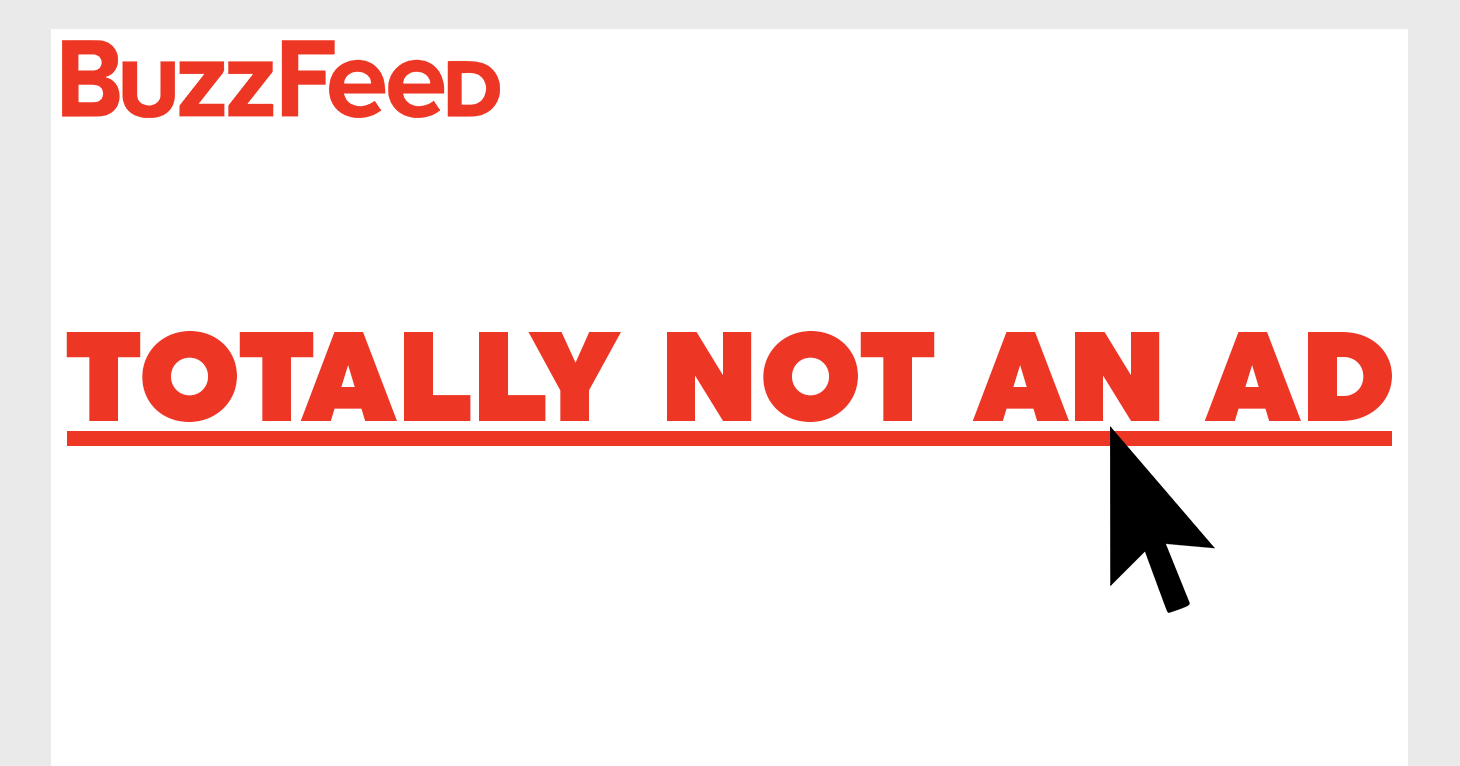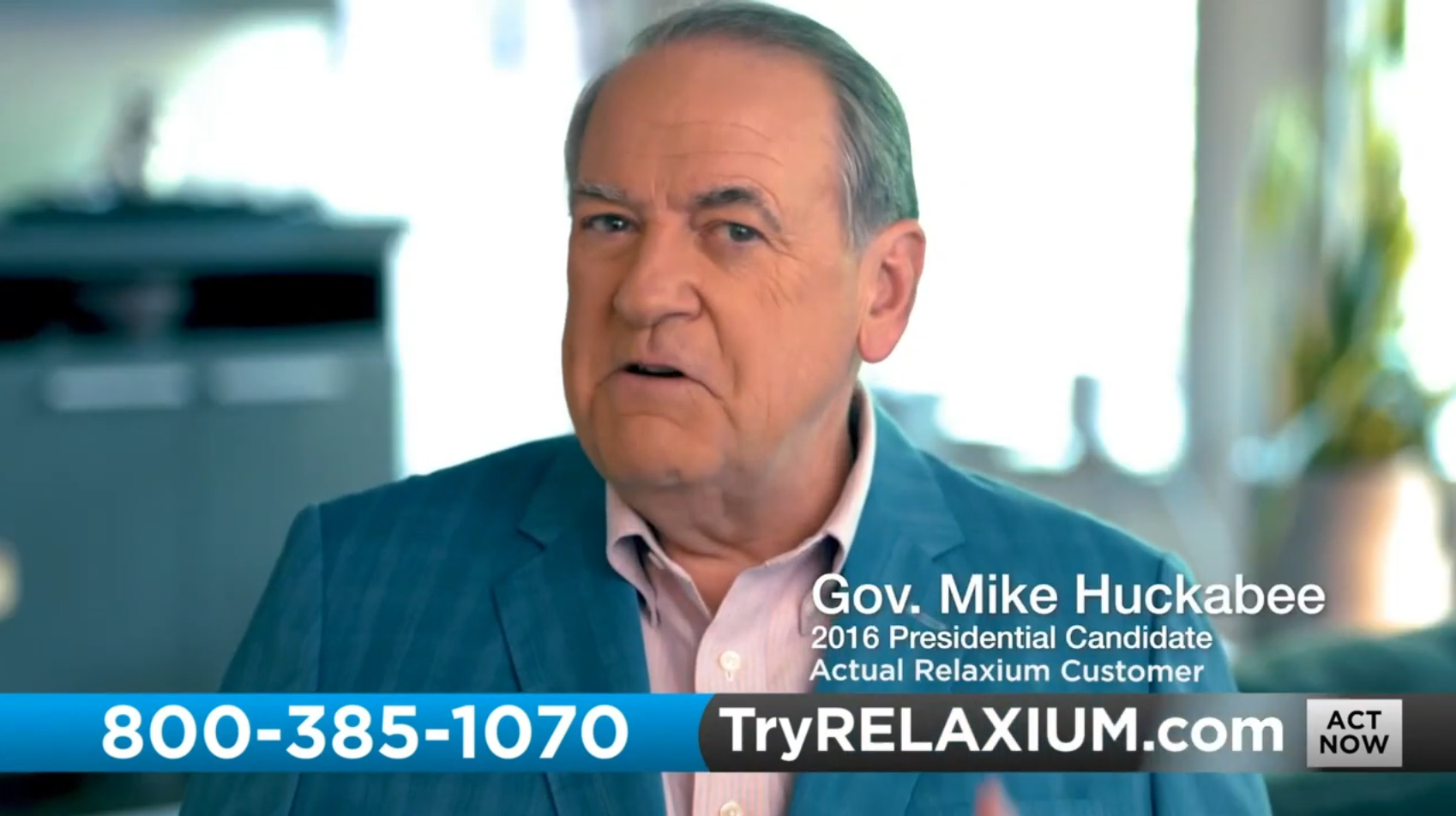
Should Movie Theaters Be Required to Advertise Actual Start Times?
Under a proposed bill, theaters could be fined for making moviegoers guess.
NAD decision regarding affiliate links sets a dangerous precedent for advertisers to manipulate editorial content.
| Jason Bagley
The line between editorial and sponsored content (i.e., advertising) just went from blurred to barely visible.
In response to a recent inquiry by the National Advertising Division into a list of staff-recommended skin care products on its site, BuzzFeed argued that the content was editorial, not advertising, and therefore shielded from NAD’s request for claim substantiation under the auspices of free speech. This, despite a disclaimer at the top of the article noting that “BuzzFeed may collect a share of sales from the links on this page.”
And NAD bought it.
NAD agreed with BuzzFeed that the addition of so-called affiliate links to articles with product recommendations written by BuzzFeed staff does not transform the content into advertising because (1) editorial chooses which products to feature without any input from the ad sales team and (2) the links are added only after the article is finished. In other (and fewer) words, content can retain its editorial status and attendant free speech protections even if it ends up generating advertising revenue.
I would respectfully disagree.
First, I’d like to address this portrait of editorial being completely walled off from advertising because that has not been my experience as a journalist operating in the digital age.
Before coming to TINA.org I was the editor of a local news site that relied on advertising to keep the wheels turning. It was my first job out of college so naturally I possessed an idealized view of the church-state divide separating editorial and advertising. The ad guy assigned to my region quickly put an end to that.
Not long after I started, he suggested that I write about a local florist he was in talks with in hopes that if I did, the florist might cave and take out an ad on the site. Similar requests would follow. While I scoffed at the idea of advertising affecting editorial decisions, I knew that the lifeblood of the site was advertising and without at least a few ads on the homepage, I’d be out of a job. I don’t see why the same thing wouldn’t apply to BuzzFeed and its writers.
Second, in deciding whether something is an ad or not, why should the intent of the original editorial product (in this case, to educate readers and not sell merch) matter if the end product generates advertising revenue? IMO, that’s what makes it an ad. Affiliate marketing is marketing.
While the NAD decision comes from the system of self-regulation in the advertising industry and should not be interpreted as law, I believe this sets a dangerous precedent for advertisers to manipulate editorial content for the purposes of avoiding scrutiny of advertising claims. It’s a loophole that should have never presented itself in the first place.
Under a proposed bill, theaters could be fined for making moviegoers guess.
These brand collabs are far from fab.
For Mike Huckabee’s next trick, a supplement that is ‘clinically proven’ to help users fall asleep, stay asleep and wake up refreshed.


